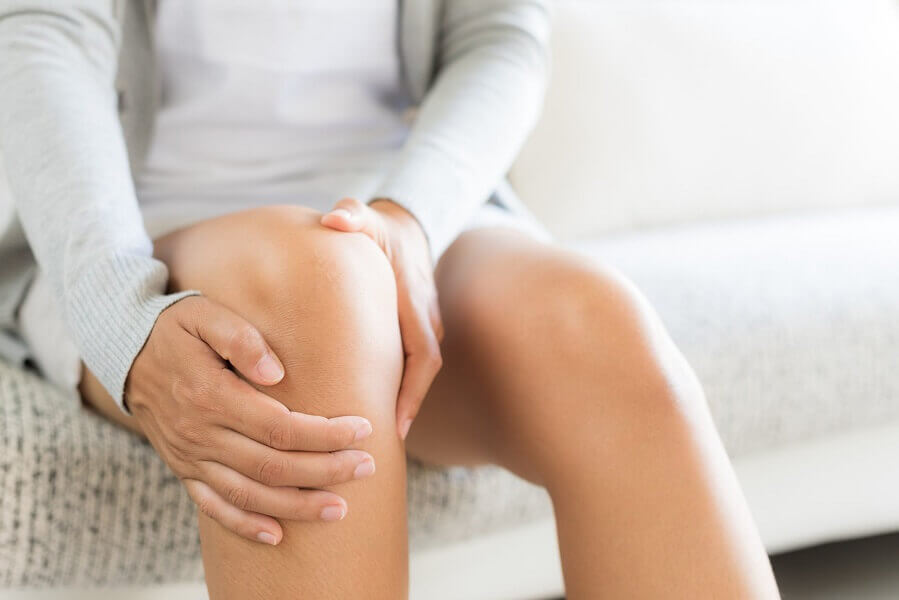Bone health is essential in every stage of life. However, having strong bones is something people take for granted, as symptoms often don't appear until bone loss is in an advanced state.
Bone health is essential in every stage of life. However, having strong bones is something people take for granted, as symptoms often don't appear until bone loss is in an advanced state.
Minerals are incorporated into the bones during childhood, adolescence, and early adulthood. If not enough bone mass is created during this time, you have an increased risk of developing fragile bones that break easily. Fortunately, a lot of nutrition and lifestyle habits can help build strong bones and maintain them as you age:
-
A big intake of green and yellow vegetables has been linked to increasing bone mineralization and bone mass maintenance during childhood and adolescence. It also benefits older women prone to osteopenia (low bone mass) and osteoporosis (brittle bones) as they progress in age.
-
Weight-bearing and resistance training exercises are helpful in increasing bone formation during bone growth and protect bone health, including those with low bone density.
-
About fifty percent of bone is made of protein; a low protein intake can lead to bone loss.
-
Calcium is the most essential mineral for bone health. It's important to consume calcium daily to protect bone structure and strength. Most people need calcium 1000 mg/day; although teens need 1300 mg/day and older women require 1200 mg/day. It's interesting to know that spreading the calcium intake throughout the day will optimize its absorption.
-
Vitamin D, K, zinc, magnesium, collagen, and Omega-3 fatty acids are essential for building and preserve strong, healthy bones. Unfortunately, Vitamin D deficiency is widespread, affecting about one billion people worldwide. You can also get enough vitamin D through sun exposure and food sources like fatty fish, liver, and cheese, for example. However, many people must have vitamin D supplements to maintain the optimal level.
-
Avoid very low- calorie diets because it reduces bone density. A balanced diet with at least 1200 calories daily will preserve bone health.
-
Maintain a stable, healthy weight; being underweight increases the risk of osteopenia and osteoporosis, especially in postmenopausal women. Being obese can impair the bone quality and increase fracture risk due to the stress of excess weight.
Arthritis means joint inflammation. It usually affects the area in or around joints such as muscles and tendons. It is healthy to stay active and move your joints. If you don't move a joint regularly, the muscles around it weaken and/ or become tight. Painful joints may be caused by swelling, joint damage, muscle tightness, or spasm. The patient may find it hard to do his routine daily tasks. Three factors play an important role in certain types of arthritis. These include the genetic factors, what happens to you during your life, and how you live.
Early diagnosis and treatment are essential to help slow or prevent joint damage. Your family doctor or orthopedic may refer you to an occupational therapist to teach you how to reduce strain on your joints, manage stress effectively. They may also refer you to physical therapists to show you exercises to help keep your muscles healthy and your joints from becoming stiff. They can also show you non-medication ways to control pain. You may need to visit a Podiatrist who is an expert in foot care if you need special supports and shoes.
The patient is an essential member of the healthcare team. This is by learning about arthritis, following with treatment, reporting progress, keeping a positive attitude, and developing relationships with the rest of the healthcare team.













